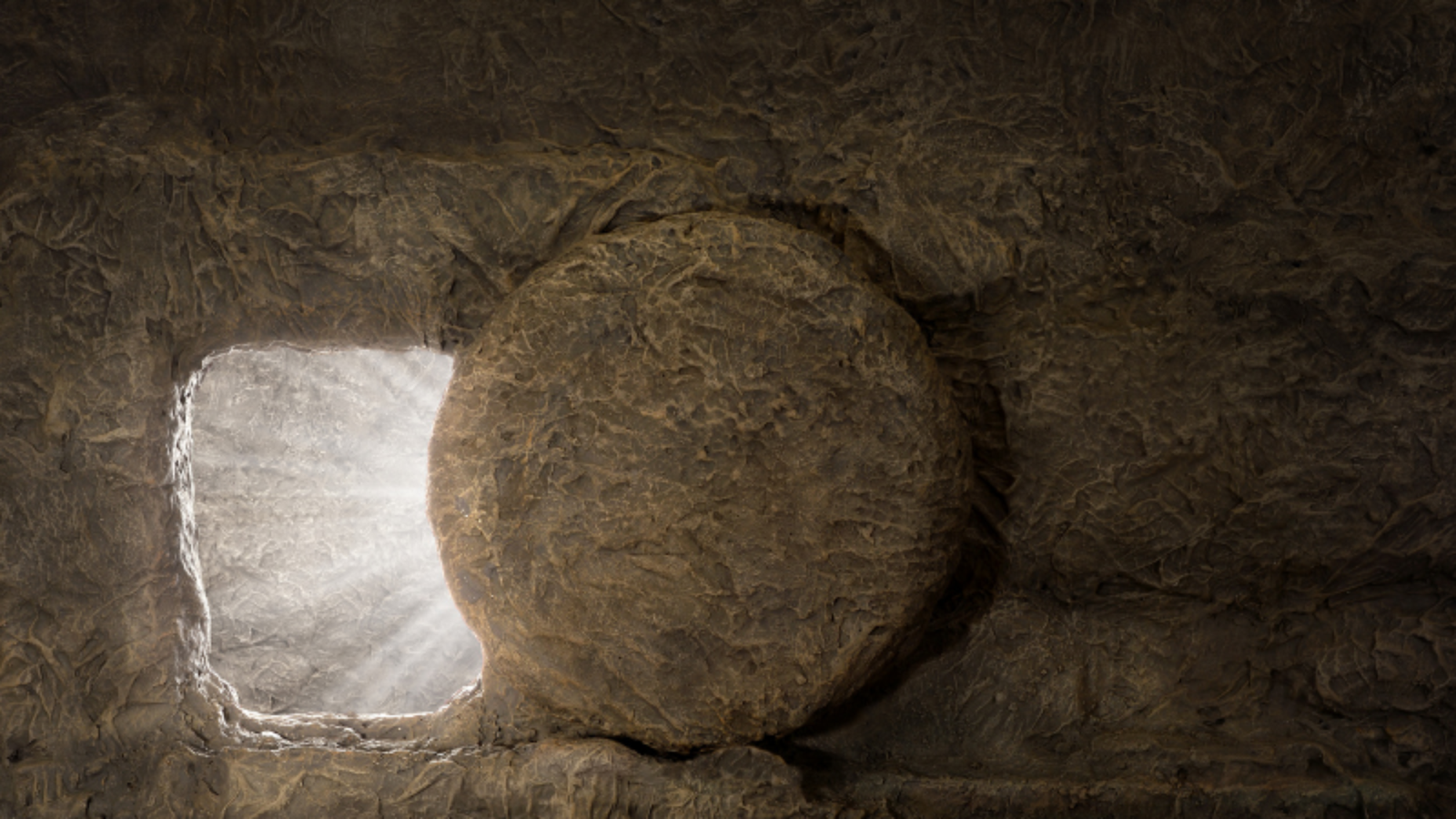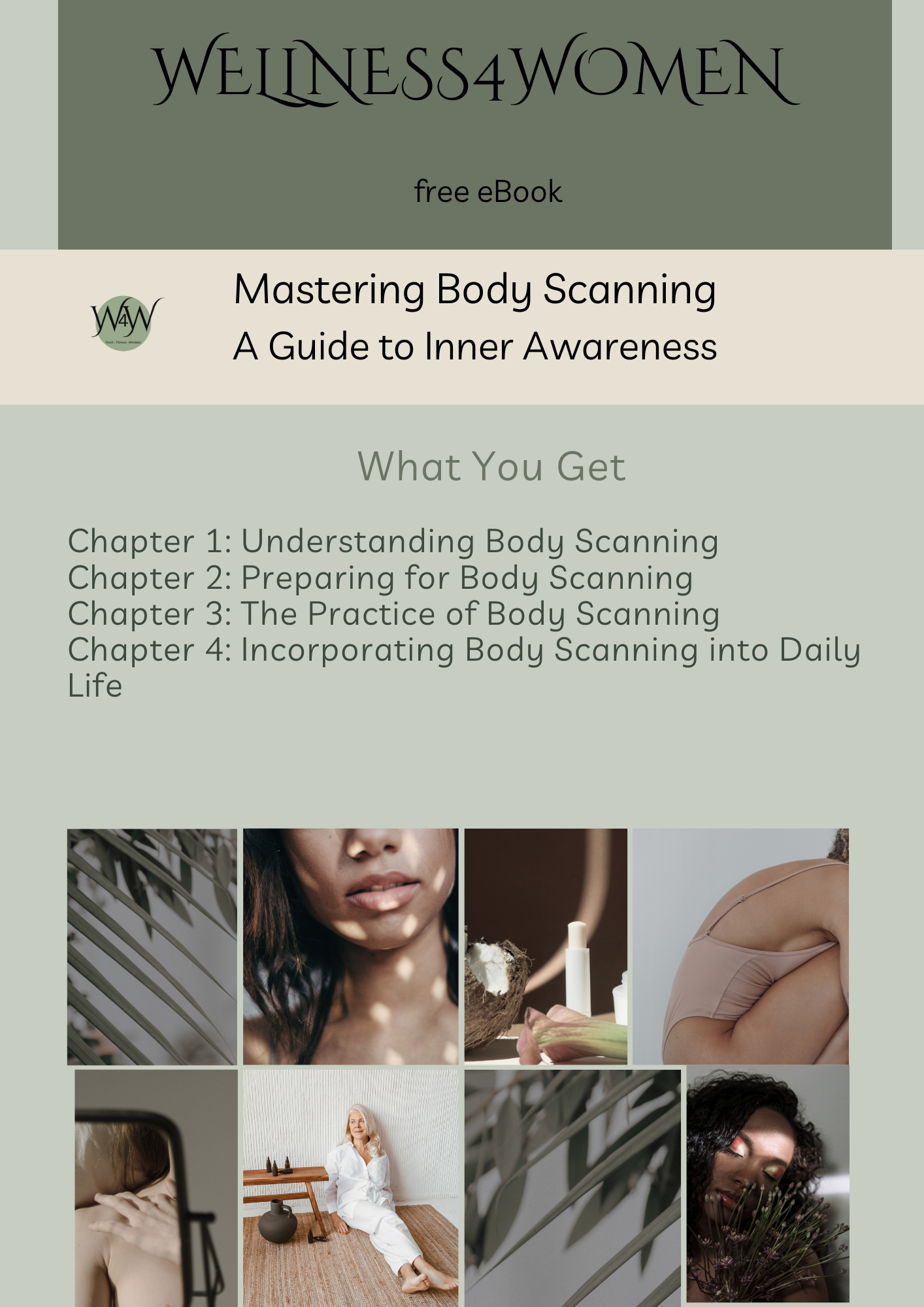Although we are in the fall, I thought I would share an Easter story. With all the leaves falling and the days are drawing in, we need a bit of good cheer!
The God of the Bible is always active, always making new, consistently doing a new thing. It is one of the ways God is different from idols, those things we make who do not move, speak, or do anything at all. By contrast, the God whose story is told in the Bible is continuously creating and recreating. It is why God is surprising, the God of surprises.
Of course, not everyone likes surprises. However, a quiet, dependable sure and steady life is what many desire, particularly after the drama of COVID 19. In enjoying quiet, dependable sure and steady life, we feel secure; at least we know where we are. Anyway, even those who profess to like surprises must acknowledge that not all surprises in life are pleasant and welcome, and some surprises come as a shock!
So, recalling that part of John’s Gospel 20.1-18 (please read), we might imagine how it was for Mary Magdalene. She was deeply in love with Jesus. He was the one who had given her back her life, love, and dignity. Yet, she comes on the Sunday after Sabbath to his tomb in the grief that goes with profound bereavement. The one she loved is dead and buried. That is a hard enough reality to bear. But how will she live without him?
(Dear friend, if you are struggling with grief, please check out my book ‘Nothing Good About Grief’ available at Amazon).
Getting back to Mary, who finds her way to the tomb. She expects to find everything as she left it days ago; after all, there are no surprises in death. It is all so predictable and final, except that she finds the tombstone is rolled away. This must have been for her an upsetting experience, a cruel and wounding surprise. She may have been wondering- ‘Can Jesus not be left in peace after all that has been done to him?’ She feels a knife being turned in her wounded heart.
She goes to find Peter. Her first word of witness on Easter Day is of sorrow and anger, and she cries, “They have moved his body! They have taken away the Lord! “It’s scandalous. She speaks in sorrow and burning anger. Her message is bad news indeed.
On hearing this news, Peter and John race to the tomb, with thoughts confused, they may question- “Can this indignity be true? ” When they reach the tomb, they find that Mary’s testimony, unfortunately, is the truth. The grave is empty. Strangely the grave clothes are in their place. Are they not needed anymore? Someone must have moved the body. It is the obvious but bitter explanation.
The Gospel writer says that John is outrun by Peter, nevertheless, goes into the tomb first. Then, says the evangelist, he saw and believed. Believed what? We are not told. However, the evangelist does tell us that they did not understand the scripture that he must rise from the dead. This possibility is not available to them, and all they have is an empty tomb, and there may be many reasons for that; grave robbers, a meddling gardener, who knows? So, they go home.
So far this story, is not much of a good news story- where are the angels and the great hallelujahs? It’s what we latter-day readers expect, but to this point, the text is bleak like it was for Mary and for many in the face of death. What a disappointment this story of Jesus has turned out to be! We are left with emptiness in several senses. But, like the disciples, we are left with a puzzle.
So, Mary is weeping and looks deeper into the tomb. John says she saw two angels in white. They ask her why she is weeping. She tells them, “they have taken away my Lord, and I do not know where they have laid him. ” That is reason enough for tears. She turns away to hide her grief, but she is aware of another standing near in this morning of surprises. It must be the gardener. He asks, “why are you weeping? Who are you looking for?”
Perhaps this man has the answer to her cruel puzzle. She replies, “Tell me where you have laid him.” And the man says, “Mary.” this is when she realises that it is the Lord! The calling of her name is the start of Mary’s resurrection because Jesus is not dead and gone. The tomb is empty, and Jesus has come to her in his risen love and grace. Now she has a different testimony. I have seen the Lord in her experience and announcement to the disciples.
This is how John tells the Easter Day story. No one expected this, despite what the ancient scriptures said of God. Easter is a surprise. It is the good news we proclaim today. Both the approaches in John’s witness are essential. Does the empty tomb story matter? Yes, because we are not talking about something in a private otherworldly sphere of inwardness.
The empty tomb matters because it speaks of the new creation, of that work God is doing with the matter he first created, how he is doing a new thing. Christians proclaim that the tomb is empty, and the new resurrection body is recreated by God. Death is not the end, not even for this vulnerable creation that waits for renewal.
Although scientists today speak of many dimensions, life on other planets and parallel universes. We can hardly imagine what this means, and the Gospel proclaims that here is the work of God, taking our failure, taking the love of Jesus, and from it, bringing forth something new and wonderful. It is a miracle, a work of God.
Some of our teachers speak of a miracle as an overflowing love at the heart of creation. The love that was in Jesus, even unto death, is met by the endless love of God for his creation and, in the dynamic, new, and beautiful things happen. Death is not the end.
As we have seen, however, the empty tomb is not necessarily good news. It needs setting in a context. That context is God’s work from the beginning, in the creation and the call of Israel, in the coming of Christ and his remarkable life of suffering love, breaking the cycle of sin and violence in his sacrificial death on the cross. It is over this Christ that God speaks the great “Yes” of resurrection. He is let loose again in the world, and Mary and countless others will speak of being restored, healed, renewed by his presence.
God raised Jesus from the dead. For Mary, this means her grief is turned to joy as he calls her name. For Thomas, it means his doubt is turned to faith as he meets the risen Lord in the company of the disciples. For Peter, who denied the Lord, resurrection means being welcomed again by Christ and entrusted with new and vital work. John wants us to understand that resurrection is not just something that happened to Jesus. It is God’s work for us.
It means that each act of worship, each gathering at the Lord’s Table, is an encounter with Christ Jesus. It means that far from life being full of boring predictability, there are the surprises of God who raised Jesus from the dead and is ever seeking to make all things new. It means that our death, even the decay of our planet, is not the end, and the tomb of Jesus is empty because God is at work. So, Christ comes to us with grace, forgiveness, love, and laughter. The Lord has risen! He is risen indeed!
Thank you for visiting me here; I hope this post was helpful.
If it was, please follow this blog you’ll find a button on the lower bottom right and leave a comment with any questions or prayer requests.
Also head over to my other blog http://health-well-being.uk for the science of health and wellbeing, lifestyle tips and details of
I blog twice a week, so you won’t have to wait long- so keep an eye out for it. Please press that FOLLOW button on the lower right or you’ll also find it in the BLOG section found on the menu. This will ensure you’ll get all my latest articles in your inbox.
Remember to Live Life on Purpose
Virtual hugs, I look forward to your visit to my next blog postxx
Paula Rose Parish?




